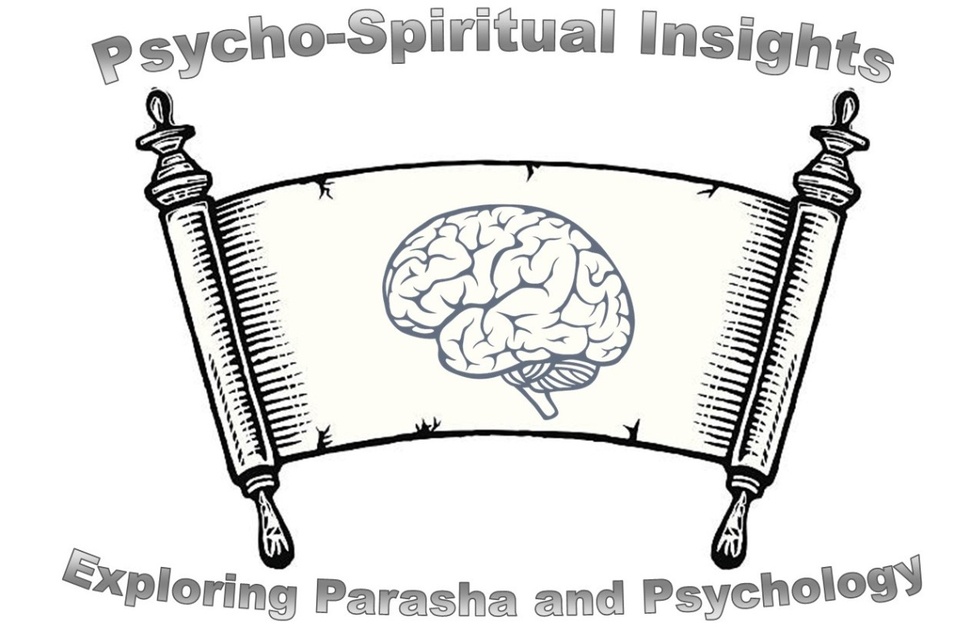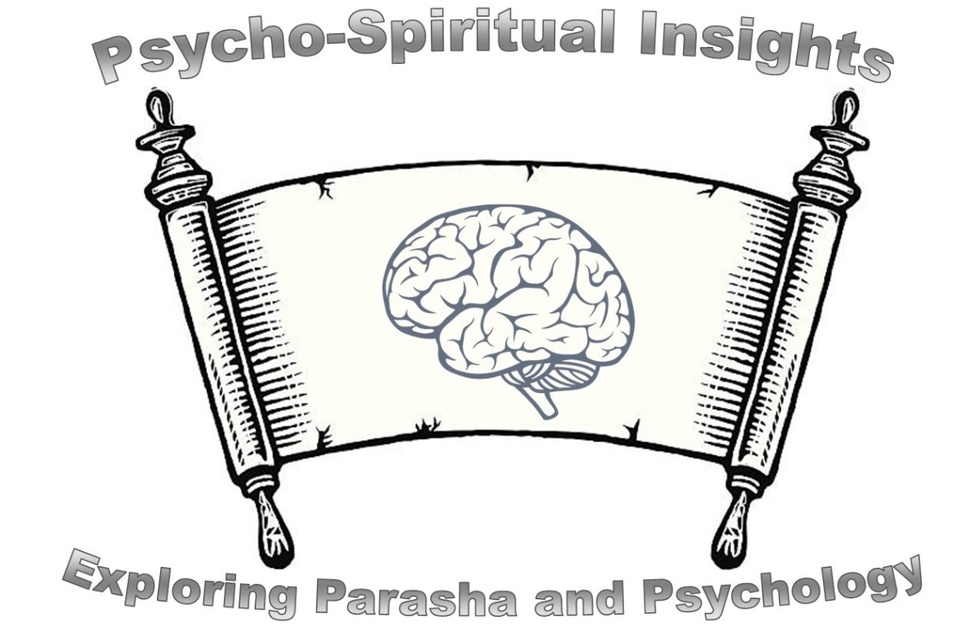
Parshat Chayei Sara is often pointed to as the Parsha of Shidduchim, match matching, however it can offer us a powerful insight into the importance of cultivating love. One of the central themes in this parsha is the concept of love and partnership. The marriage between Yitzchak and Rivka provides us with wonderful insights to apply to our own loving relationships.
The passuk says “Vayyikkach et-rivkah vattehi-lo le'ishah vayye'ehaveha - and he took Rivka as his wife and Yitzchak loved her. (Genesis 24:67).” At first glance thru the lens of modern society the order of the adjectives in the passuk appear out of order. Yitzchak married Rivka, then it states he loved her. As Frank Sinatra famously put it his song Love and Marriage, love is expected to come first, then the choice to get married. The Radak comments on this passuk that of course Yitzchak loved her prior to getting married, however his love deepened as he better admired the qualities she embodied over time.
In his seminal work The Art of Loving, Psychoanalyst Erich Fromm, posits that love is not just a feeling but an art that requires effort and practice. “Love is a decision, it is a judgment, it is a promise. If love were only a feeling, there would be no basis for the promise to love each other forever. A feeling comes and it may go. How can I judge that it will stay forever, when my act does not involve judgment and decision.” Among several key pathways to cultivating love, the key hallmark shared by Dr. Fromm is giving. “Giving is the highest expression of potency. Giving is more joyous than receiving, not because it is a deprivation, but because in the act of giving lies the expression of my aliveness.”
The Hebrew word for Love is Ahavah. The root of the word is Hav, which means to give and giving is fundamental to loving. The love relationship between a husband and wife is to be that of giving — each to the other. The more we invest of ourselves in our partner, the stronger the connection and the deeper the love.
From a psychological perspective, the story of Yitzchak and Rivka in Parshat Chayei Sarah teaches us that healthy love is not based on infatuation or superficial attraction. Instead, it is rooted in shared values, respect, consent, support, patience, and trust. These psychological principles can guide us in building meaningful and lasting relationships.
As we reflect on this parsha, let us remember that healthy love is a conscious choice and a process that requires careful consideration and effort. By embracing the principles of love depicted in Chayei Sarah, we can nurture relationships that are grounded in mutual respect and bring happiness and fulfillment to our lives.
Elan Javanfard, M.A., L.M.F.T. is a Consulting Psychotherapist focused on behavioral health redesign, a Professor of Psychology at Pepperdine University, & a lecturer related to Mindfulness, Evidence Based Practices, and Suicide Prevention. Elan is the author of Psycho-Spiritual Insights: Exploring Parasha & Psychology, weekly blog. He lives in Los Angeles Pico Robertson community with his wife and three children and can be reached at Elan.Javanfard@gmail.com.
 Previous
Previous

